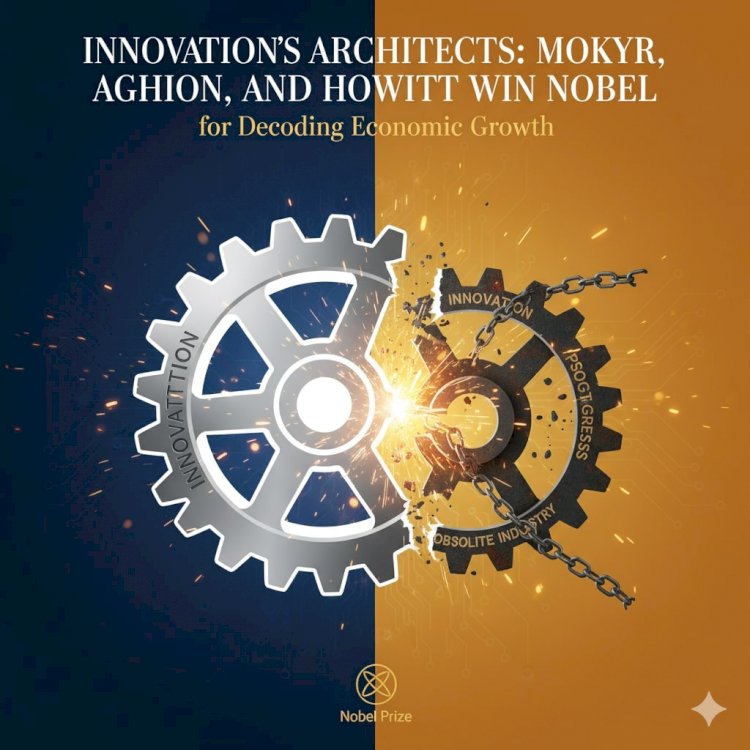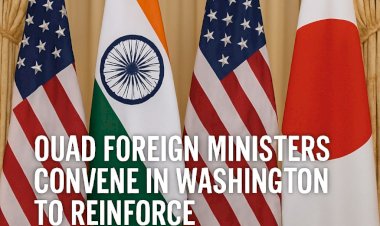Innovation’s Architects: Mokyr, Aghion, and Howitt Win Nobel for Decoding Economic Growth

STOCKHOLM, SWEDEN—In a timely recognition of the power of technology to reshape global economies, the 2025 Nobel Memorial Prize in Economic Sciences was awarded to a trio of researchers for their complementary work explaining how innovation and "creative destruction" drive sustained prosperity.
The Royal Swedish Academy of Sciences honored Joel Mokyr, an economic historian at Northwestern University; Philippe Aghion, a French economist from Collège de France and the London School of Economics; and Peter Howitt, a Canadian economist from Brown University.
The Double-Edged Sword of Progress
One half of the prestigious award went to Philippe Aghion and Peter Howitt for formalizing the theory of "creative destruction." Building on the work of economist Joseph Schumpeter, their mathematical models explain that sustained economic growth is not a smooth, linear process. Instead, it occurs through a relentless cycle where new, superior technologies inevitably displace older products and firms. This process is "creative" because it generates massive new value (e.g., the internet economy) but "destructive" because it renders old business models obsolete (e.g., the decline of traditional retail).
Aghion, who was instrumental in shaping France's economic strategy, noted the real-world implications, cautioning that protectionist policies—which have been rising globally—are "not good for world growth and innovation" and could threaten this vital process.
The Essential Conditions for Innovation
The other half of the prize recognized Joel Mokyr for his historical analysis that identified the fundamental prerequisites for long-term technological progress. Through decades of examining economic history, particularly the period of the Industrial Revolution, Mokyr demonstrated that continuous innovation requires:
-
Scientific Understanding: Societies must move beyond simply knowing that a technology works to understanding why it works. This knowledge base allows new discoveries to be built upon existing ones, creating a self-sustaining engine of progress.
-
Openness to Change: For this engine to run, the intellectual and social environment must be open to new ideas and willing to accept the disruption caused by progress, preventing entrenched interests from stifling growth.
The committee emphasized that the combined work of the three laureates provides a powerful, multi-faceted framework for policymakers struggling to reignite productivity and manage the societal changes brought about by the current era of artificial intelligence. Their core message is a reminder that prosperity is not guaranteed and requires constant vigilance to sustain the forces of innovation.

 content-team
content-team 


















